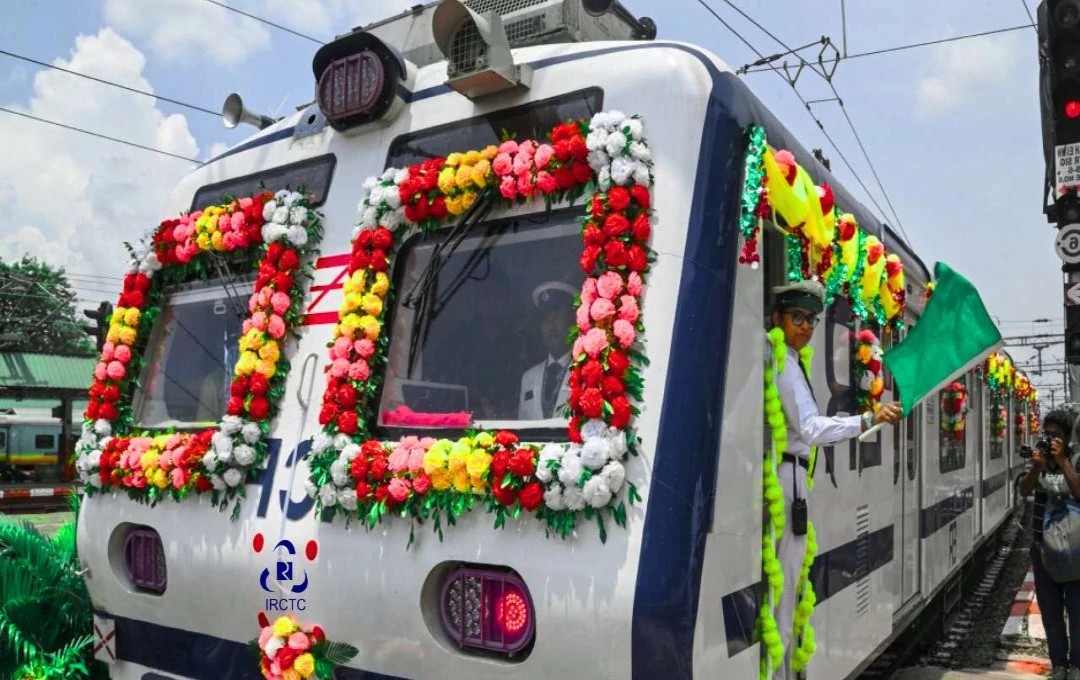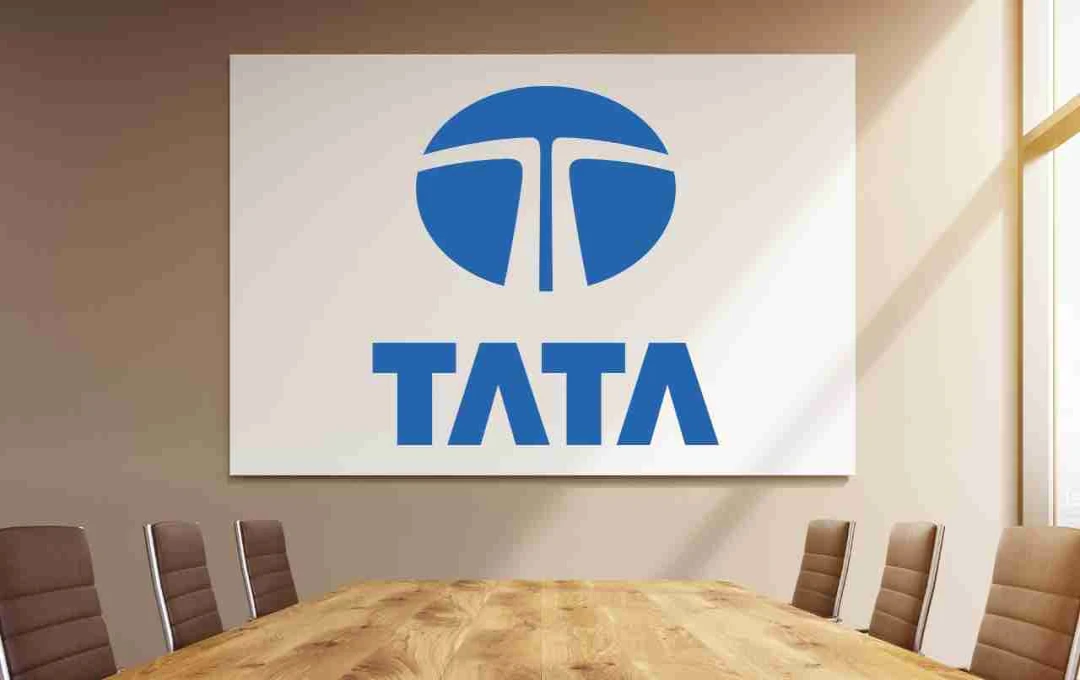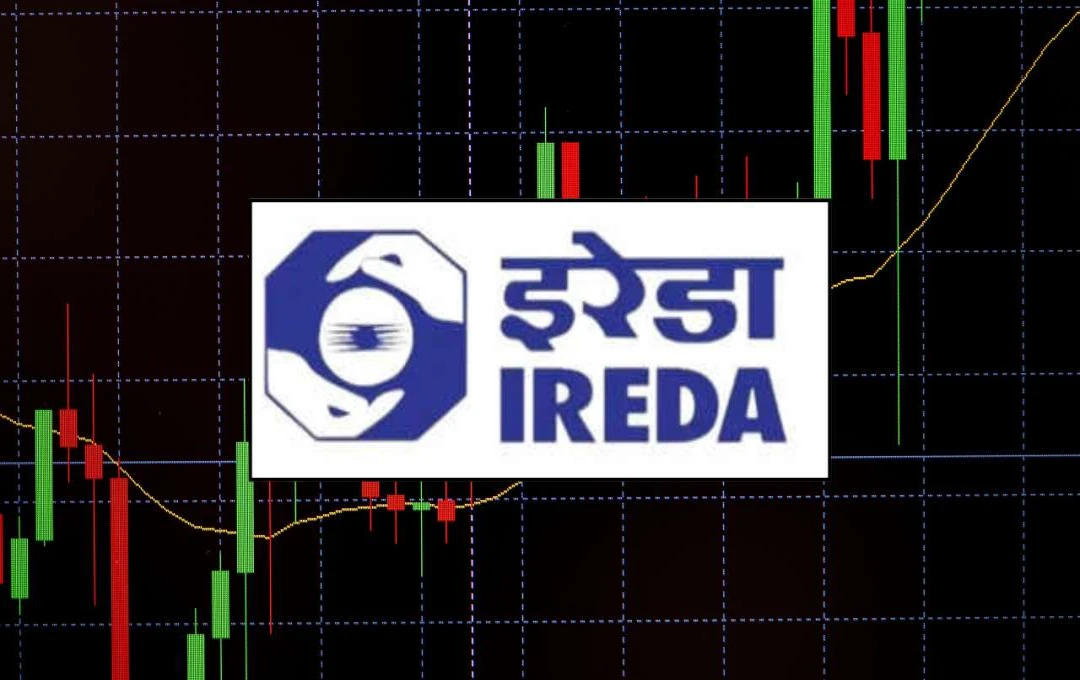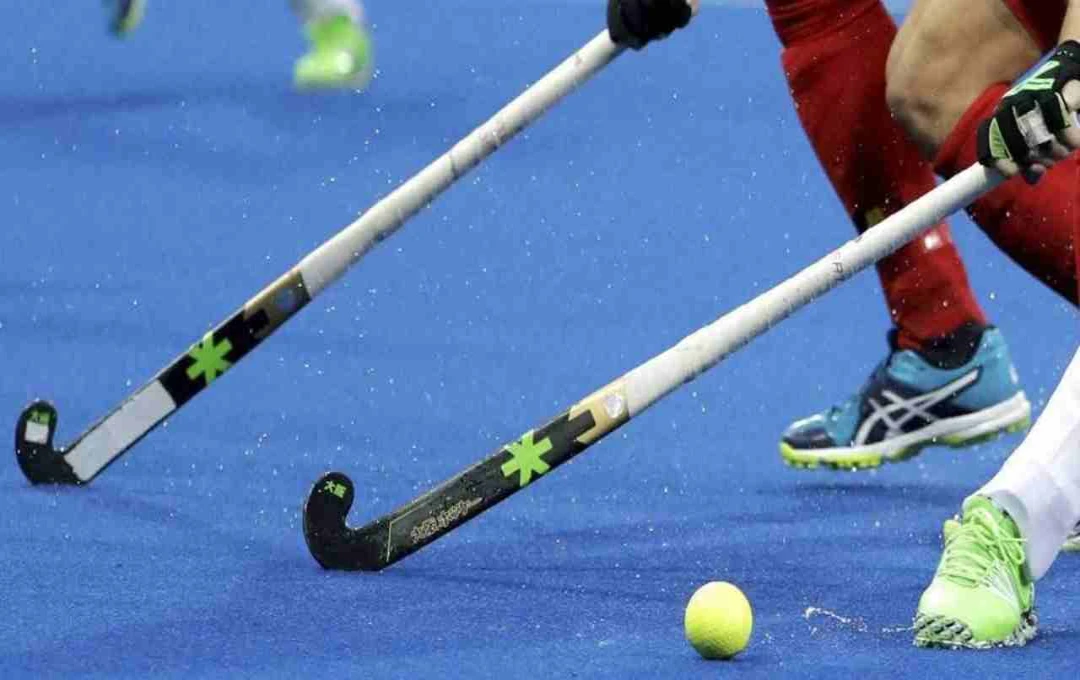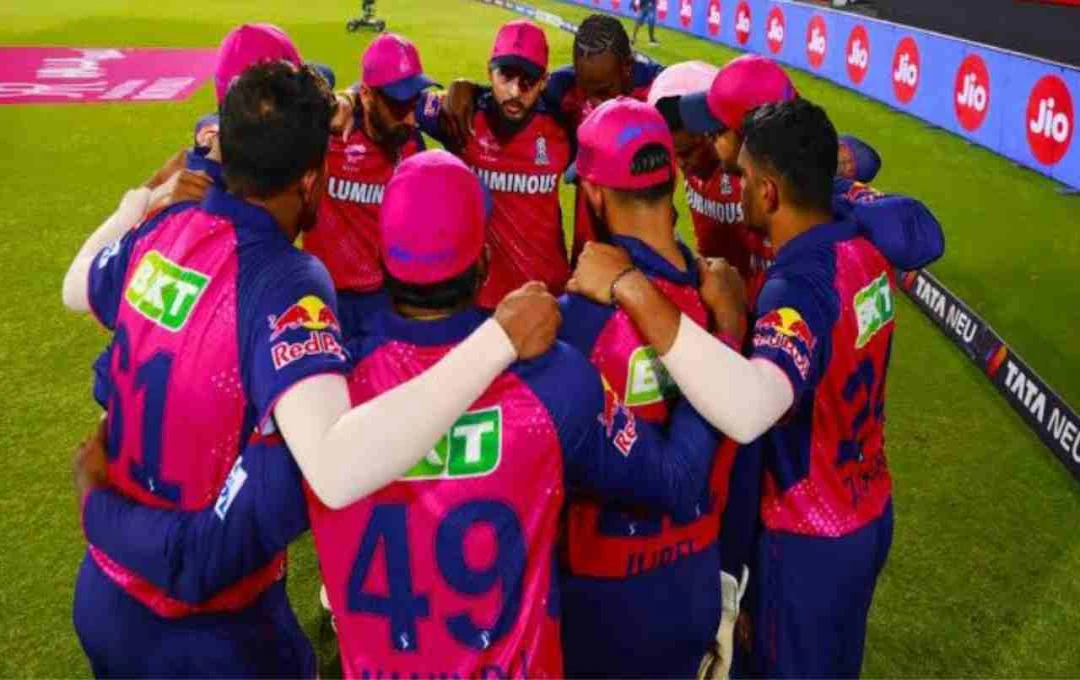From September 1, 2025, several hospitals in India were set to discontinue cashless treatment for Bajaj Allianz and CARE Health Insurance policyholders due to disputes over reimbursement rates and payment delays. However, IRDAI has clarified that hospitals cannot refuse cashless facilities and compliance with regulations is mandatory.
Cashless treatment facility suspended: Over 15,000 hospitals in India had proposed to suspend cashless treatment under Bajaj Allianz General Insurance and CARE Health Insurance from September 1, 2025. The hospitals allege that the insurers do not update reimbursement rates and delay claim settlements. IRDAI intervened in this dispute, clarifying that network hospitals must not refuse cashless facilities. Insurance companies have been directed to take action against non-compliant hospitals, preventing a situation where patients have to pay upfront.
Hospitals Can No Longer Avoid Cashless Service

The Insurance Regulatory and Development Authority of India (IRDAI) has initiated monitoring of this dispute. According to sources, IRDAI has made it clear that network hospitals cannot refuse cashless services. As per regulations, insurance companies can take action against hospitals that do not comply with existing directives. Following IRDAI's monitoring, the process of resolving the dispute between insurance companies and hospitals has accelerated.
Bajaj Allianz's Statement
Tapan Singhel, CEO of Bajaj Allianz, stated that they have not encountered any instances of cashless refusal in claims so far. He clarified that the company will always stand in the interest of its customers and ensure pre-treatment payment.
Reason for the Dispute
The AHPI alleges that over 15,000 hospitals have long complained to insurers about reimbursement rates, payment delays, and claim settlement practices. According to AHPI, the reimbursement rates offered by Bajaj Allianz have not been updated for years. Furthermore, the insurer makes unilateral deductions and delays claim settlements, increasing the financial pressure on hospitals. Due to this, AHPI decided not to offer cashless facilities from September 1.
Impact on Cashless Treatment from September 1

According to insurance company rules, the turnaround time is strict. Typically, authorization settlement should occur within one hour and discharge settlement within three hours. If a hospital refuses to provide cashless facilities, the matter should be pursued through the insurance company's grievance redressal mechanism. Network hospitals are obligated to provide cashless services under agreements with insurance companies.
If cashless facilities are suspended from September 1, patients will have to pay upfront at the hospital and later claim reimbursement from the insurance company. This process may cause inconvenience to patients due to the time involved and the complexity of documentation.
Resolution Through IRDAI's Initiative
IRDAI has urged hospitals and insurance companies to jointly find a resolution to the dispute. According to sources, many hospitals have previously engaged in discussions with insurance companies. Now, a swift resolution is needed in this matter to ensure that patient convenience is not affected.


